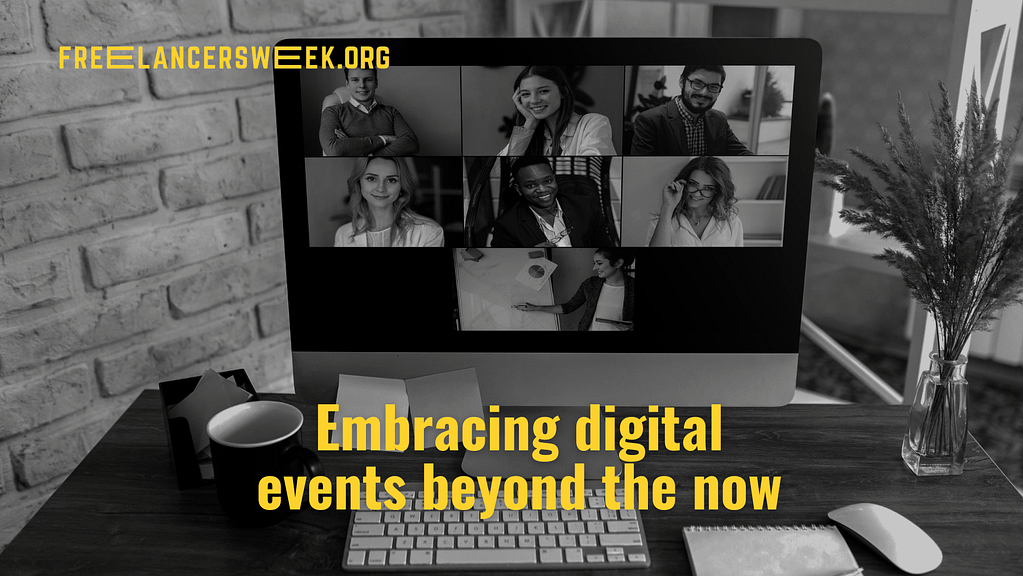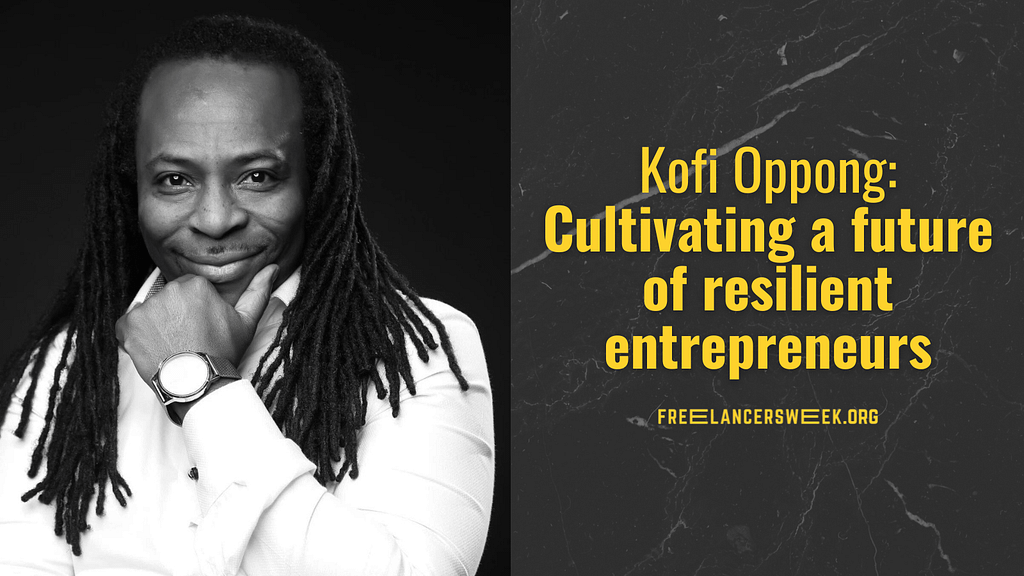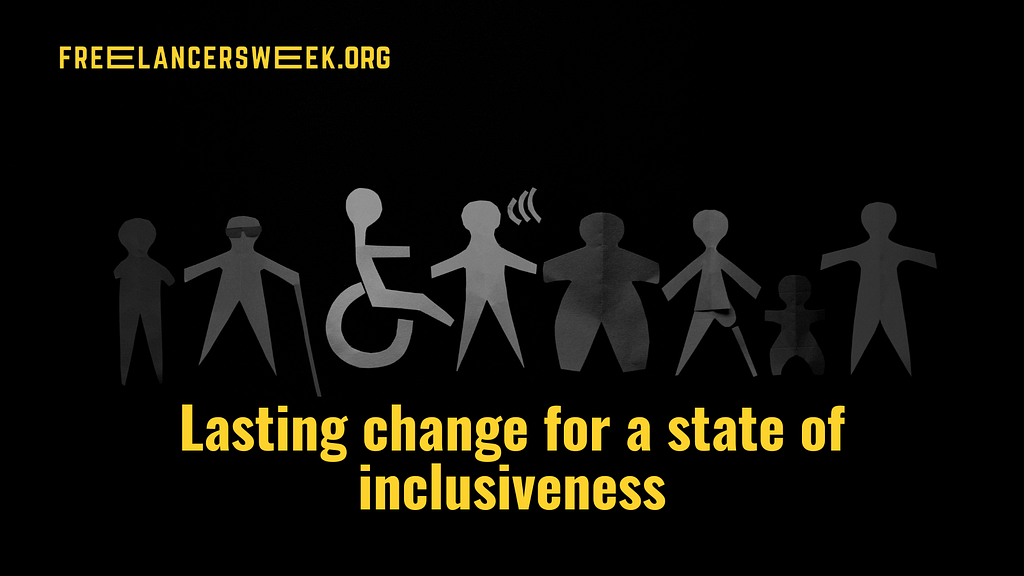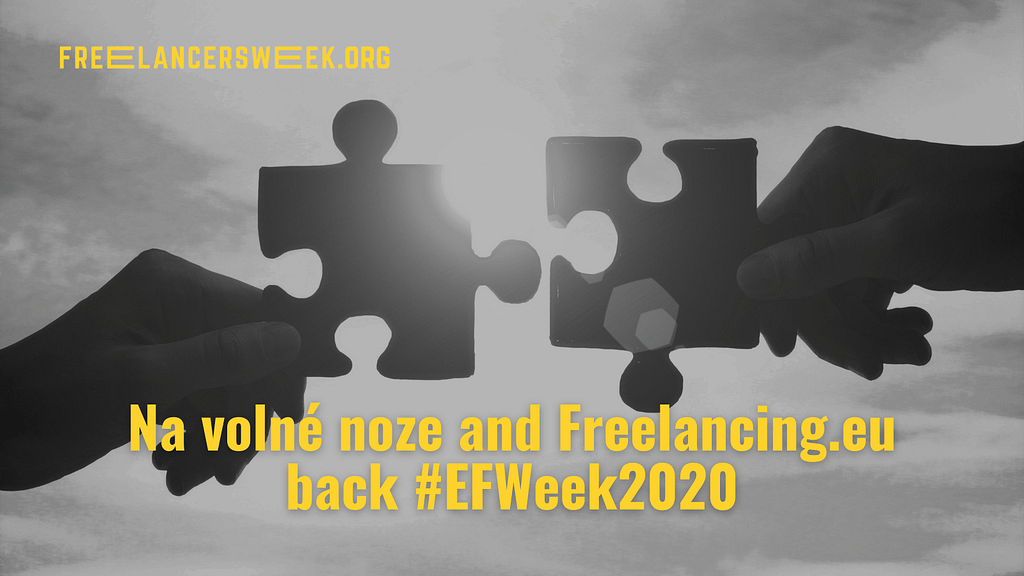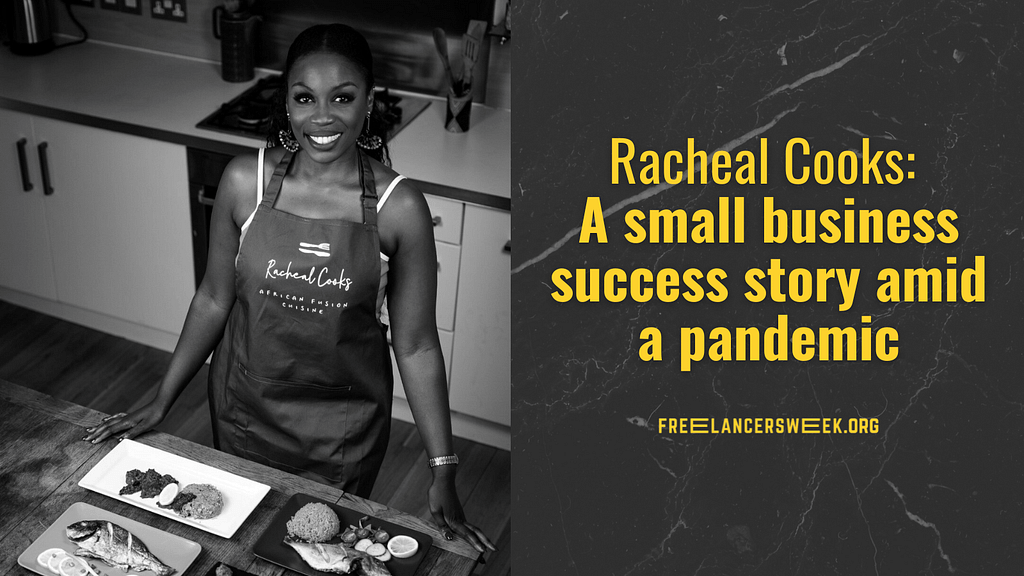COVID-19 has thrown a serious spanner in the works in the events industry worldwide. The near future is looking uncertain for this industry that relies on human interaction and experience to make it what it is. However, the digital age is now sweeping conferences, summits, and workshops off of their feet and ushering us all into the world of virtual eventing. A world where comfort, accessibility and flexibility have become a hallmark of the experience. Elina Jutelyte is an independent event operations consultant at Endo-Exo as well as the founder of Freelance Business Day. She’s particularly focused on event digital experiences– the combination of event operations, event technology, event digital marketing and the infrastructure that surrounds the event experience. This has been on Elina’s radar since she joined the events industry in the early 2000’s and she’s passionate about the opportunities it provides people in business.
The disruptive move to fully digital events has catapulted event technology trends from being the same year after year to unprecedented adoption by organisers. The last six months have been a most exciting time for the event technology providers, seeing them not only acquire new customers looking for digital solutions but also exercise their remarkable agility and flexibility. Providers of event management solutions quickly evolved to include extra video functionalities, while SaaS event technology companies adapted to include online meeting features.
New types of platforms came to light as well, offering a more coherent visitor, speaker and sponsor experience that allows for co-creation, data-driven connections and long-term engagement. This has led to a new online event reality, where event activities don’t stop at the moment the event finishes. The attendee has access to days’ worth of presentations and can come and go back to the event platform at any point in time, re-watch the presentation and reconnect with participants.
As for the type of digital events to choose from when considering to plan an event:
- Online meeting / Workshop / Masterclass
Run via a videoconferencing platform, where participants and presenters can be seen, and where questions and live conversations can take place.
- Virtual conference / Summit / Congress
Several sessions and speakers, for longer than three hours or over a period of days, using an event management system and videoconferencing platform, similar to online meetings.
- ‘Show’ broadcasting
Virtual conferencing with elements of TV production, resulting in higher quality conferencing with some show production elements like an opening session or keynotes.
- Immersive virtual experience (AR)
Artificial reality replaces physical eventing, and attendees are represented by avatars joining virtual sessions, activities, and browsing of the setup. This type of event combines all three types and results in a mammoth task both in labour and technology.
See the concept here.
Companies seem to have discovered the potential of digital overnight. For some, it has been a quick change, because they were prepared, but for others, it’s been more dramatic because they have needed to re-evaluate their entire digital infrastructure and all their business processes. From the event organiser’s perspective, online events are easier to put together, easier to promote and get results quickly. From the participant perspective, people are able to attend events from the comfort of their own home or office at the time that suits them, with minimal event ticket costs and even more information at their disposal when attending these events. Digital events offer a totally new dimension to conferences, summits and workshops.
Elina is certain that a new approach to event strategy will enhance collaboration between entrepreneurs, startups and freelancers. All events, either in person or online, are at the end of the day collective effort to build a connection. The collective effort strengthens the community, generates ideas, and builds strong bonds and networks. Through the generations to come, the need for community and a sense of belonging will always remain. What will change is how we do it – online, where it is easy to connect, to be involved, where immediate value can be seen and where there are no barriers for engagement. And the opportunity for brands to position themselves as thought leaders, to build credibility, and to convert attendees into ambassadors, is unparalleled.
With this in mind, European Freelancers Week 2020is transforming into a totally digital event this year. #EFWeek is the largest annual celebration of the independent workforce, showing millions of Europeans the benefits of the Freelance Economy. EFWeek takes place from October 16th to 21st.
For those freelancers, coworking spaces and organizations who are looking to be involved, Elina has a few tips to consider when taking your events to the digital level:
- First and foremost, re-evaluate your digital infrastructure – does it allow you to perform efficiently in the digital space or do you have data gaps and have to do things manually, which causes delays, mistakes, confusion and not optimal digital customer experience?
- Consider that the attention span on digital channels is much shorter. This means that your communication has to be spot on, your customer journey has to lead to action. Do not create noise, create strong value.
- When you go digital, you are able to scale up the processes and thus, you need to ensure that your event management operations are simplified and can be repeated at a faster speed than before.
Technology hugely influences how the event industry will evolve from here on out. One clear result of this is that much more data can be collected to help analyze the audience, to improve future events and to supply event performance metrics in real-time. One real potential pitfall is that technology can cease up, freeze up, and pack up which can have detrimental effects on the entire project. Another disadvantage of digital events according to salespeople, is that online can be less human than meeting face to face. It might be true, but don’t underestimate the purchasing power and potential of online. After all, if face to face were the most important factor, Amazon would be a small warehouse with sales reps going from door to door.

